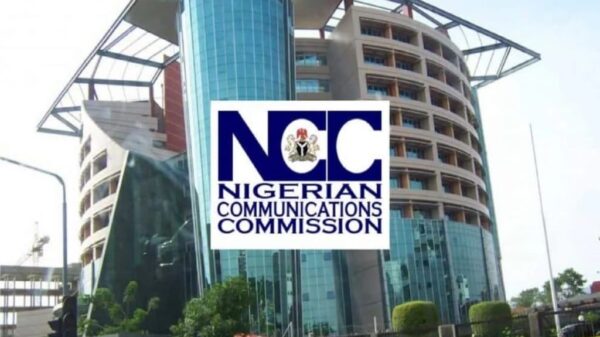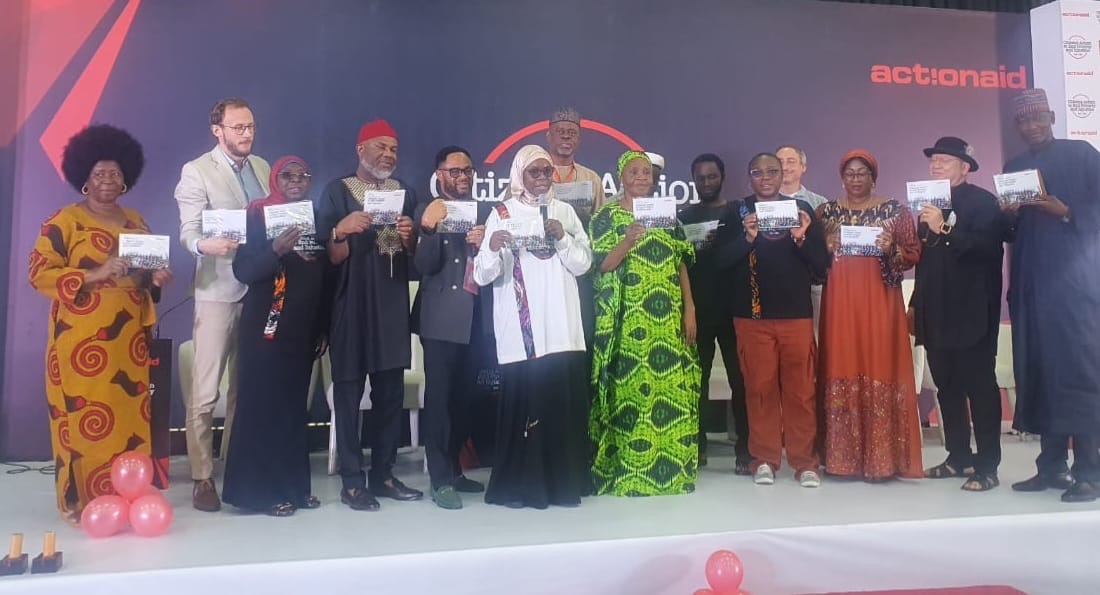ActionAid, an international NGO, has inaugurated a 10-year strategic plan to spur citizens’ action toward addressing poverty in Nigeria.
The Country Director of ActionAid Nigeria, Andrew Mamedu, made this known at the official launch of the New Country Strategy Paper titled: `Citizens Action to End Poverty and Injustice 2024-2034’, on Thursday in Abuja.
Mamedu said that the strategy paper was built on AAN’s many years of work in Nigeria and founded on the lessons learned in implementing the previous Country Strategy Plan (CSP) and other programmes in Nigeria.
“In this CSP, we are deepening our engagement and focusing on responding to multidimensional poverty, seeing how poverty and injustice are weaponised against the poor and excluded.
“As a learning organisation, we strongly believe that the current Nigerian context would require us to innovate through a social movement mindset in acting to address the multidimensional poverty that we face as a country,’’ he said.
Mamedu said that nearly 12 per cent of the global population was living in extreme poverty in 2023, and this figure has worsened due to ongoing conflicts, wars, and disasters across the globe.
He added that in Nigeria, where the poverty threshold was 1.90 U.S. dollars a day and about 3000 using the official rate, 133 million of 200 million people were multidimensionally poor.
The country director said this meant that they not only lacked financial resources, but also lacked access to essential services such as education, healthcare, and clean water.
“ If you are not one of the 133 million, it is likely that your family members, extended or nuclear, are and if we do not address this now, future generations may face the same plight.
“Hope and belief is not a strategy, hope and belief must be accompanied by action. This is the essence of our CSP,’’ he said,
The country director said that history has shown the transformative power of social movements and these movements had demonstrated that collective action could lead to monumental change.
“At ActionAid Nigeria, we are committed to harnessing this power through our CSP, focusing on four critical actions: Organise, Act, Shift, and Thrive.
“Our strategy is not only about addressing immediate needs but also about empowering citizens to drive systemic change.
“ We are dedicated to a human rights-based approach, placing the dignity and rights of every individual at the center of our work.
We will engage with communities not merely as beneficiaries but as active partners in their own development,’’
Mamedu said.
The Minister of Budget and Economic Planning, Sen. Atiku Bagudu, commended AAN for working to augment the government’s efforts, especially in the development sector.
Bagudu said that poverty, inequality and citizen action were an economic and anthropological issue needing collective action to overcome it.
According to him, Nigeria’s federal budget is 20 billion dollars , which lags behind the budgets of other populous countries such as Indonesia with 210 billion dollars and Brazil with a $700 billion budget.
“Do we want to be like Brazil? Or do we want to be like Indonesia? Can we hope to achieve what they have with that level of federal spending? Or should we confront this reality?
“Confronting our reality is akin to gathering the family around and reminding everyone that we are not as wealthy as we think we are.
“Maybe new energy will come into the family, and the sense of entitlement will give way to ‘What can I do? What effort can I contribute?’” he said.
Bagudu called for collective action by citizens and the government at all levels to address what he described as “decades of under-investment” in the country, to address the challenges.
The Keynote Speaker, Dr Otive Igbuzor, in his presentation titled `Social Movement Organising: The Path to Poverty Eradication and Social Justice’, said that AAN’s CSP came at a time when Nigeria was faced with huge political, economic, and social challenges.
He said, “As we launch ActionAid Nigeria’s new Country Strategy Paper today, I urge all stakeholders to join hands in this historic and critical endeavour to change course and change the narratives.”
Igbuzor said that, although the task ahead was formidable, it was not insurmountable.
“If we face the challenges with catalytic partnership, collective action, unwavering commitment and social movement organising, we can make significant strides where poverty and injustice are relegated to history.
“ Let us be encouraged that every step and action taken towards poverty eradication, justice and equity, no matter how small, contribute to the larger goal of a just and prosperous society.
“Another Nigeria is not just a possibility but an imperative, ’he said.
























